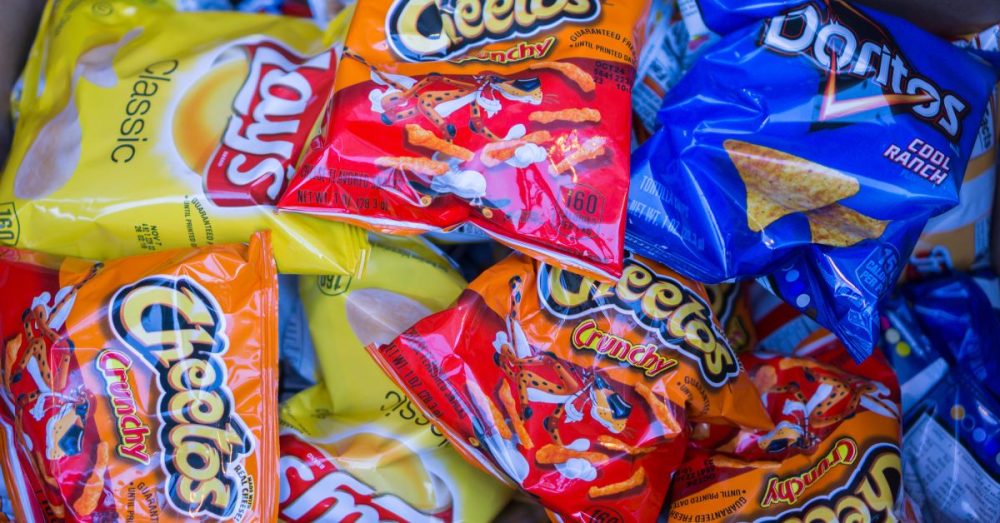(Texas Scorecard) – The Texas Senate has passed legislation to prohibit the purchase of certain foods—including soda, candy, and chips—using Supplemental Nutrition Assistance Program (SNAP) benefits.
Senate Bill 379, authored by Sen. Mayes Middleton (R–Galveston), would prohibit the use of SNAP benefits to purchase junk food items such as soda, candy, cookies, potato chips, corn chips, and energy drinks. SNAP is a federally funded program administered at the state level by the Texas Health and Human Services Commission, which is responsible for determining eligibility and distributing benefits.
“This is a Make Texas Healthy Again bill,” Middleton said while laying out the legislation on the Senate floor.
“It prohibits … certain junk foods and sweetened beverages and sodas from being eligible items under the food stamp program, and at the end of the day, this is common sense.”
He cited data from the U.S. Department of Agriculture showing that approximately 20 percent of SNAP dollars are spent on sugary drinks and snack foods.
“Taxpayer-funded junk food turns into taxpayer-funded healthcare,” he added. “We are experiencing skyrocketing healthcare costs and a decline in life expectancy in the United States and in Texas as well.”
During floor debate, several Democrats expressed support for the bill’s intent but raised questions about how it would be implemented and whether certain products would be unfairly excluded. State Sen. Roland Gutierrez (D–San Antonio) expressed concern over “food deserts,” a term used to describe areas without access to fresh groceries, and the prevalence of processed foods.
“We do have to acknowledge that … a lot of what we eat today is processed,” said Gutierrez. “Not all of our food … is whole food or natural food. I wish it weren’t … but the fact is that a lot of it is.”
Middleton responded by emphasizing the bill’s focus: “This is about the SNAP program, and you have to focus on its purpose, which is nutritional food essential to health and well-being.” He also clarified that the state wouldn’t be determining which specific products would be restricted—that would be up to the federal government, through a waiver process.
State Sen. Carol Alvarado (D–Houston) questioned how the bill would treat newer snack products that are marketed as healthy. Holding up a bag of Siete brand chips, she pointed out that the chips contain a gram of protein and some iron. “Your bill includes a carve-out for items containing a source of protein that are fortified with a vitamin or mineral. So based on that, would you expect Siete chips to be allowed?”
Middleton reiterated that it would depend on how the federal government interprets the waiver request, but said the intention is to give federal agencies broad negotiating authority.
The debate also included criticism of the American Heart Association, which initially testified against the bill during a Senate committee hearing last month.
“They were actually advocating for tax dollars to continue to be used for junk food,” said Middleton. The Association later changed its position, saying the testimony in opposition was a “miscommunication” and that it does not oppose the bill.
Following the bill’s passage on a 22-8 vote, Middleton issued a statement highlighting support for the policy from federal officials under the Trump administration.
“President Trump, USDA Secretary Brooke Rollins, and HHS Secretary RFK Jr. have made Making America Healthy Again one of their top priorities,” said Middleton. “This bill helps make sure food stamps can’t be used to purchase junk foods and sweetened drinks that we know are bad for us, and are making Texans sick.”
Senate Bill 379 now heads to the Texas House of Representatives, where it will need to be approved before being sent to the governor’s desk. If enacted, Texas would still need to receive a waiver from the USDA to implement the restrictions.
“They have not been granted before,” Middleton acknowledged, “so this is a big change in policy, and they want to see the states … ask for these waivers.”


